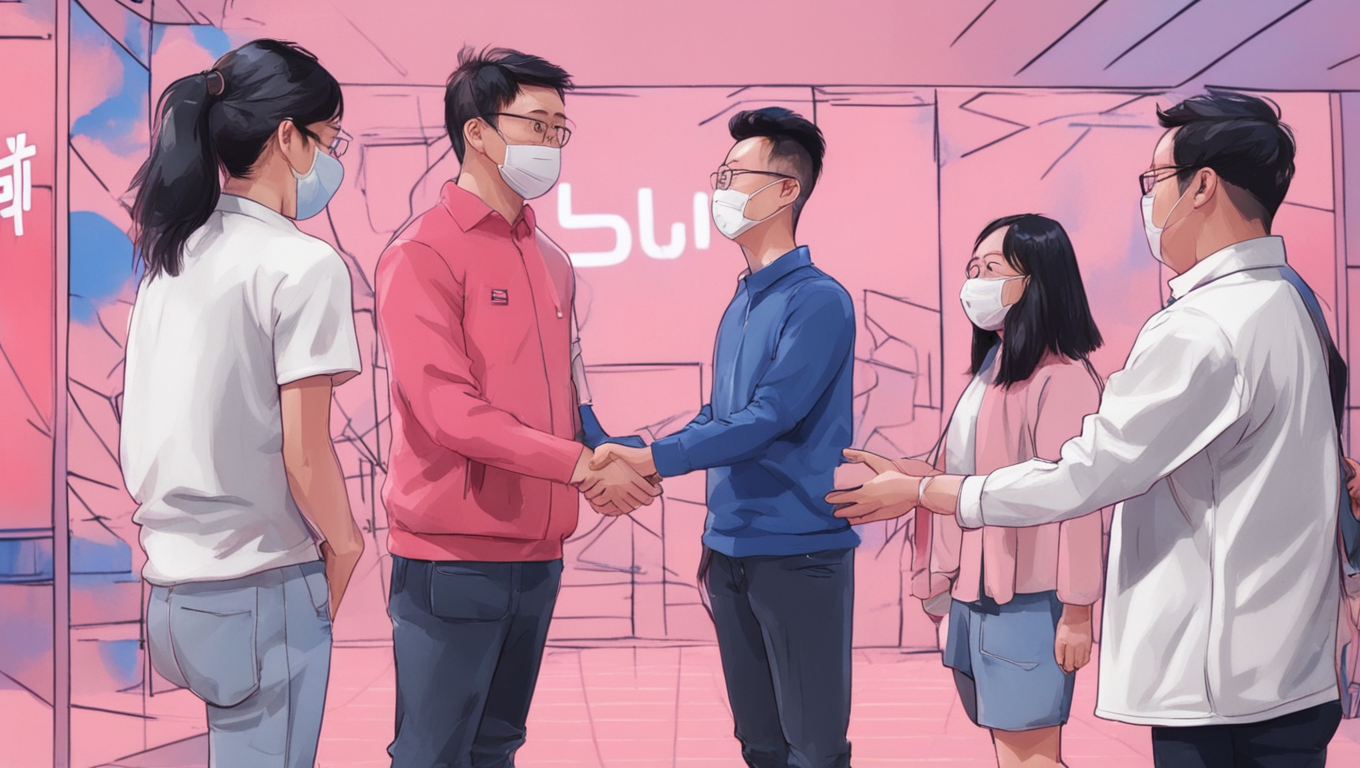Jiang Lu, a key contributor to Google’s VideoPoet video generation technology, has joined ByteDance, the owner of TikTok. This move comes as tech giants from both sides of the Pacific are racing to advance generative artificial intelligence (AI) tools. The competition heated up after OpenAI’s Sora stunned the world with its capabilities. Jiang Lu, who is based in San Jose, California, and is also an adjunct professor at Carnegie Mellon University, has joined ByteDance’s intelligent creation team.
According to Jiang’s profile on ByteDance’s internal staff messaging platform, he reports to Yang Jianchao, head of intelligent creation technology. Yang, in turn, reports to Zhu Wenjia, who leads research on large language models at ByteDance. The news was originally reported by Chinese tech blog Jazzyear. Neither ByteDance nor Jiang Lu have responded to inquiries for comment.
Jiang Lu previously joined Google in 2017, where he worked on content creation and deep learning for various services, including Google Ads, YouTube, and the self-driving unit Waymo. Last year, he focused on VideoPoet, a large language model for video generation that was released by Google in December.
This move by Jiang Lu to join ByteDance comes after OpenAI’s text-to-video model, Sora, was released and immediately caught the attention of the AI community. While Chinese tech firms like ByteDance and Tencent Holdings have been working on similar technologies, including ByteDance’s PixelDance and Tencent Holdings' VideoCrafter, Sora’s capabilities in video generation surpass them all.
In early February, ByteDance unveiled Boximator, a video motion control tool aimed at assisting in video generation. However, the company admitted that the technology is still in its infancy and not ready for general release. ByteDance CEO Liang Rubo expressed dissatisfaction with the slow reaction of employees to new technologies like generative AI. He berated them in an internal meeting, highlighting that they only began discussing OpenAI’s chat bot, ChatGPT, a year after its launch in November 2022.
The battle for dominance in generative AI is intensifying, and with Jiang Lu’s expertise now with ByteDance, it is clear that the company is committed to pushing the boundaries of AI technology. As ByteDance and other tech giants invest more resources in developing the next generation of AI applications, we can expect further breakthroughs and innovations in the field in the near future. The competition between Big Tech companies from both China and the US will undoubtedly drive progress and shape the future of AI.





Use the share button below if you liked it.